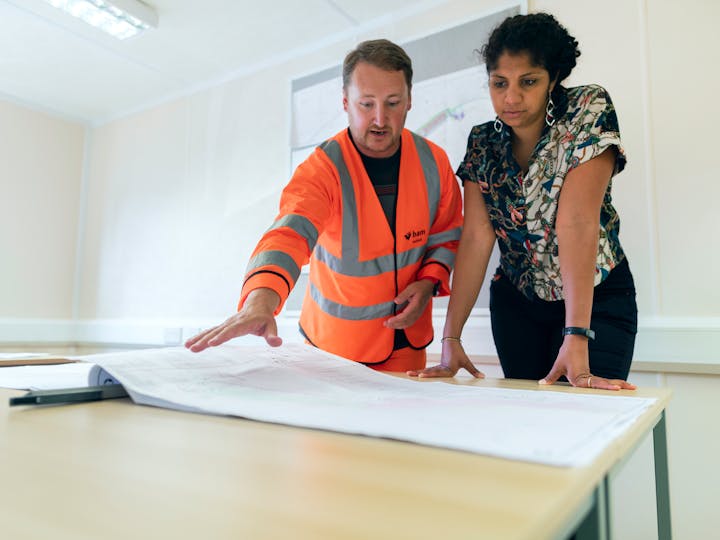When you’re gearing up for a home renovation or repair project in Miami, hiring the right Miami contractor is just as crucial as the work itself. With countless options out there, it’s easy to feel overwhelmed. Choosing the wrong contractor can lead to costly delays, blown budgets, or shoddy workmanship that needs to be redone. Whether you’re renovating a kitchen, updating a bathroom, installing new plumbing, replacing a roof, or starting a full-scale construction project, the contractor you choose will directly impact your results. Take your time, ask the right questions, and don’t rush the decision—choosing the right Miami contractor can make all the difference.
1. Proper Licensing and Insurance
First things first—always verify that your contractor is licensed to work in the state of Florida. In Miami, contractors are required to hold a valid license issued by the Florida Department of Business and Professional Regulation (DBPR). This ensures that they’ve met certain education and experience standards. Just as important is insurance. Make sure they carry both general liability and workers’ compensation insurance. This protects you from any accidents or damage that might occur during the project.
2. Local Experience and Knowledge
Miami’s climate, architecture, and permitting process can be very specific. You want someone who understands South Florida’s unique environment—like how humidity affects building materials or how hurricane codes impact construction. A local contractor will be more familiar with regional requirements and can help avoid delays due to permit issues or code violations.
3. Strong References and Reviews
Don’t just take a contractor’s word for it—ask for references and check online reviews. Reputable contractors will gladly provide you with contact info for past clients. Reach out and ask about their experience, the quality of work, timeliness, and whether they stayed within budget. Also, check Google, Yelp, and even the Better Business Bureau for ratings and complaints. A consistent pattern of positive reviews is a strong green flag.
4. Detailed Written Estimates
Before any work begins, you should receive a clear, itemized written estimate that breaks down the cost of materials, labor, permits, and other fees. Be wary of vague or rushed quotes—if it’s not written down, it’s not official. Having everything in writing protects both you and the contractor in case disputes arise later. Also, make sure to get estimates from at least 2–3 contractors for comparison.
5. Good Communication and Transparency
You’re going to be working closely with your contractor, so open and honest communication is a must. Do they return your calls or messages promptly? Are they clear about timelines, challenges, and what’s expected from you as the homeowner? A contractor who keeps you informed throughout the process will save you stress and reduce the chances of miscommunication.
6. Timeline and Project Schedule
A professional contractor should provide you with a realistic timeline and work schedule upfront. This includes when the project will start, key milestones, and an expected completion date. Make sure there’s a clear plan for what happens if unexpected delays occur. In Miami, for instance, weather events like tropical storms can interrupt timelines, so it’s important to know how flexible your contractor can be.
7. A Fair and Clear Contract
A proper contract should cover every detail: the scope of work, materials being used, payment schedule, estimated timeline, and clear procedures for handling any changes or disputes. It’s not just about protecting you—it shows that both the contractor and their employees operate professionally and take the project seriously. Never start any work based on a verbal agreement or handshake. In Miami’s highly competitive market, if a contractor hesitates to sign a well-drafted contract, consider it a major red flag.
Final Thoughts
Hiring a contractor in Miami doesn’t have to be a gamble. By checking licenses, asking the right questions, reviewing references, and ensuring clear communication, you can confidently move forward with your home project. Remember, the cheapest bid isn’t always the best—look for value, reliability, and trustworthiness. Your home is too important to leave in the hands of someone who cuts corners.
Whether you’re remodeling in Coral Gables, renovating a high-rise in Brickell, or building a custom home in Pinecrest, the right contractor will make all the difference. Take your time, do your homework, and don’t be afraid to walk away from deals that feel too good to be true.


